- myFICO® Forums
- Types of Credit
- Credit Cards
- Re: Why has the US not Moved to Chip & Pin?
- Subscribe to RSS Feed
- Mark Topic as New
- Mark Topic as Read
- Float this Topic for Current User
- Bookmark
- Subscribe
- Mute
- Printer Friendly Page
Why has the US not Moved to Chip & Pin?
Is your credit card giving you the perks you want?
Browse credit cards from a variety of issuers to see if there's a better card for you.
- Mark as New
- Bookmark
- Subscribe
- Mute
- Subscribe to RSS Feed
- Permalink
- Report Inappropriate Content
Re: Why has the US not Moved to Chip & Pin?
- Mark as New
- Bookmark
- Subscribe
- Mute
- Subscribe to RSS Feed
- Permalink
- Report Inappropriate Content
Re: Why has the US not Moved to Chip & Pin?
@Anonymous wrote:
I'm all for chip and pin. Most people don't have 10 plus credit cards and I actually use the same pin for all of my debit cards.
I see you just joined the site a month ago so you get a pass here. But it sounds to me like you need to app for some more credit cards! ![]()
Seriously though, as tmiw said, speed-wise the problem is the chip, not so much the PIN. As it's currently implemented here in the US every place I've been.
The big problem with the PINs is they must let you create your own before it will work at all. Maybe you don't have 10 cards. Plenty of folks do though, particularly if you count the debit cards and Bluebird/Serve and whatever else. If even a couple banks in your wallet don't allow you to set PINs then either those cards can't get used or the cardholder ends up doing something silly like carrying around a list of PINs. Now where did all that nifty security go? Right down the toilet.
- Mark as New
- Bookmark
- Subscribe
- Mute
- Subscribe to RSS Feed
- Permalink
- Report Inappropriate Content
Re: Why has the US not Moved to Chip & Pin?
- Mark as New
- Bookmark
- Subscribe
- Mute
- Subscribe to RSS Feed
- Permalink
- Report Inappropriate Content
Re: Why has the US not Moved to Chip & Pin?
@core wrote:
@Anonymous wrote:
Are we in that much of a hurry that typing in a PIN number is a big deal?No, not a "big" deal. But it is a small deal, and the fact that it inconveniences me even in the slightest just to protect the fat cat big banks doesn't sit too well with me. And since I don't exactly shop at Tiffany's, I'd rather not linger around the stores taking in the sights. Usually anyway. I wouldn't mind so much if you could just insert your card quickly and then put it away, and _then_ wait for all the communication and pin entry or whatever. That would be much better, if it didn't need the chip contact the entire time. It also wouldn't be so bad if you just had one lonely card in your jeans pocket. In a 5% cash back for everything world that one-card plan doesn't work out so well though.
It just takes a bit longer and it seems a lot longer because it's awkward waiting for the darn thing so you can have your card back. Besides, the faster I can get out of the store and back to my car, the sooner I can start sniffing the glue I just purchased.
Chip transactions take about two seconds longer to process than magnetic stripe transactions on a high-speed connection with modern equipment (there are more messages, and thus will take longer with complex, slow, or dial-up systems). The transaction time FEELS a bit longer than this because you are waiting with your card inserted the entire time instead of putting your card away while you wait for the slip to print.
PIN can EASILY save at least two seconds. A signature takes me at least 10 seconds, personally (grabbing the pen, getting a grip on the slip, handing the slip back to the cashier). Thus, the idea that chip and PIN causes slowdowns is bizarre.
And that's before you add in all the merchants (even in the US, tho worse in other countries) that demand ID for signature transactions, despite being against network rules. Then you're adding another 15-20 seconds (plus a good 30-45 second lecture on how it's against network rules, sometimes a request to talk to a manager in my case, and the time to file reports with Visa and Mastercard plus a complaint email to the business and on their Facebook and Twitter... in my case) that PIN eliminates.
- Mark as New
- Bookmark
- Subscribe
- Mute
- Subscribe to RSS Feed
- Permalink
- Report Inappropriate Content
Re: Why has the US not Moved to Chip & Pin?
@nyancat wrote:
The transaction time FEELS a bit longer than this because you are waiting with your card inserted the entire time instead of putting your card away while you wait for the slip to print.
Yes, precisely. With a non-chip swipe you can multitask, so it matters little how long the communication takes so long as it's done before you finish putting away your card. It definitely FEELS longer. But since you still have to put away your card in both cases, it does take longer in reality, not just seems. Because with the chip you have to do both but one after the other rather than concurrently. Follow me? Longer. Longer than 2 seconds longer.
@nyancat wrote:
PIN can EASILY save at least two seconds. A signature takes me at least 10 seconds, personally (grabbing the pen, getting a grip on the slip, handing the slip back to the cashier). Thus, the idea that chip and PIN causes slowdowns is bizarre.
Apples and oranges. You're comparing chip & pin on a modern POS terminal to an old fashioned strip printer and ink pens and handing the strip to a little old lady behind the counter? Not exactly fair. Try comparing against one of the modern touchscreens where you can just make one messy stroke and punch 'Done'. I make no effort to actually sign my name. I get no flack about it. If the credit card company or the 7-11 wants their Slurpee back after the fact because I didn't sign my name legibly on that pixilated little screen, they can send me a cup in the mail and I'll be happy to oblige. It hasn't happened yet.
Also, as I stated earlier, on most sub-$100 transactions I don't even have to sign squat. These grocery/Walmart transactions are the ones I'm mainly concerned with. So the comparison still isn't fair.
@nyancat wrote:
And that's before you add in all the merchants (even in the US, tho worse in other countries) that demand ID for signature transactions, despite being against network rules. Then you're adding another 15-20 seconds (plus a good 30-45 second lecture on how it's against network rules, sometimes a request to talk to a manager in my case, and the time to file reports with Visa and Mastercard plus a complaint email to the business and on their Facebook and Twitter... in my case) that PIN eliminates.
Now this does bring up some interesting issues. One, I was under the understanding that they are allowed to ask for the ID but only if it is not part of the normal routine. i.e. if they suspect fraud. But I'm not sure about that and we can ignore it because it's more fun to ignore that part anyway. The point I would like to make is: If the cashier is going to go against Visa/MC rules and ask for ID, what makes you think they're magically going to start following the rules if the transaction is PIN-based? There's no guarantees there. They're going to do what they want either way until someone schools them.
What the PIN may do though is eliminate those cases where the terminal says "Show card to cashier". I usually ignore it, but sometimes the cashiers ask. I show it to them and they study it for a long time. Keep in mind none of my cards are signed. They hand it back. Nothing further is said. Now is that a colossal waste of time or what? They're not even checking anything obviously!! But I don't know if the PIN would for sure eliminate all of these requests to see the card.
- Mark as New
- Bookmark
- Subscribe
- Mute
- Subscribe to RSS Feed
- Permalink
- Report Inappropriate Content
Re: Why has the US not Moved to Chip & Pin?
@Anonymous wrote:
Ive got a ton of cards, way more than I need so fit in around here. However I see cards getting swiped everyday and most of my customers only have an average of three credit cards. Myfico isn't the norm. If I see someone open up their wallet with 10 plus credit cards it's usually a senior citizen.
I only carry 3 credit cards, but the 3 I carry varies every 3 months at least. Thats basic security, ie don't carry all your eggs in one basket.
TU-8: 804 EX-8: 805 EQ-8: 788 EX-98: 767 EQ-04: 752
TU-9 Bankcard: 837 EQ-9: 823 EX-9 Bankcard: 837
Total $443,800
- Mark as New
- Bookmark
- Subscribe
- Mute
- Subscribe to RSS Feed
- Permalink
- Report Inappropriate Content
Re: Why has the US not Moved to Chip & Pin?
All I gotta say after reading all of this...I don't know what kind of lockdown all your wallets are on...but, for me, putting my card away after the chip has done it's thing is fine. Not a hassle at all. I just don't see this actually adding up to the crazy amount of wasted time some of you seem to think it will.
I just spent about 3 weeks in France and Italy, and never once found myself standing their awkwardly waiting. The only awkward or annoying part of the whole trip was when a slip would print out and the waiter would have to go back to get a pen. Yes, I know that wouldn't happen in the US.



- Mark as New
- Bookmark
- Subscribe
- Mute
- Subscribe to RSS Feed
- Permalink
- Report Inappropriate Content
Re: Why has the US not Moved to Chip & Pin?
- Mark as New
- Bookmark
- Subscribe
- Mute
- Subscribe to RSS Feed
- Permalink
- Report Inappropriate Content
Re: Why has the US not Moved to Chip & Pin?
Having lived in France and the UK, and used Chip and PIN cards extensively, I've never experienced the type of slowdown people seem to be speculating about here.
One of the things I really like about Chip and PIN is that the card never leaves my possession. At a restaurant (for example), the waiter brings a small handheld terminal to the table, inserts my card, and hands it to me to enter my PIN. It's great, as I can directly verify that the amount being charged (including tip) is the amount I intended, and there's no way for someone to clone my card, since they never really had access to it.
I realize that US law provides zero liability for consumers due to fraudulent transactions and stolen cards. But having had cards stolen, I can attest to what a pain in the neck it is to have to identify and deal with fraud. No thanks!
As for having to remember PINs, that just isn't that difficult. Until a few years ago, we dialed 7-10 digit numbers to make phone calls. Most people quickly memorized the phone numbers of the people they called often. These are 4-digit PINs; after a few uses, it's not that hard to remember them. However, if you find it difficult, choose something you can remember and set your PINs accordingly.
Chip and PIN dramatically reduces fraud. But I also find it far more comfortable and convenient. I hope the US moves to it--the sooner the better.
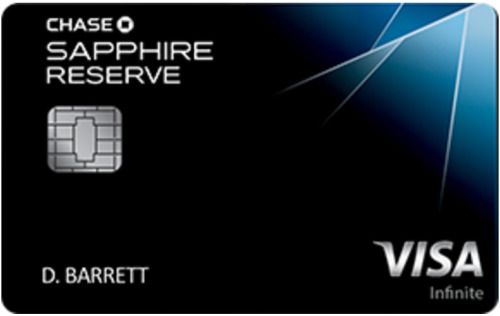
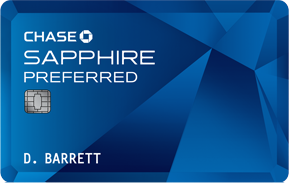
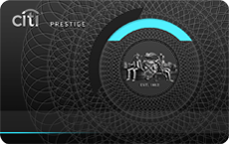
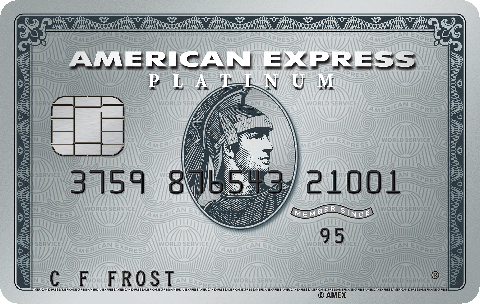
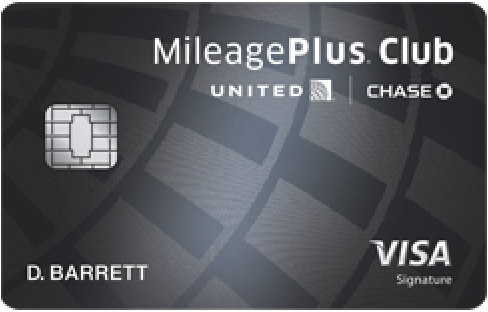
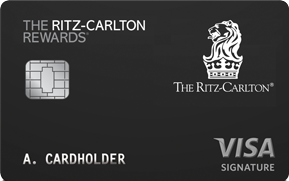

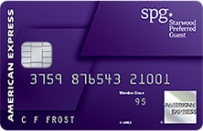
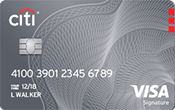

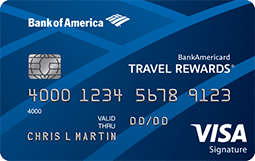
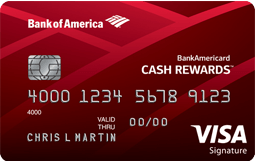
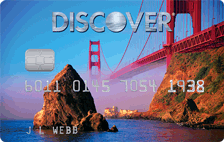
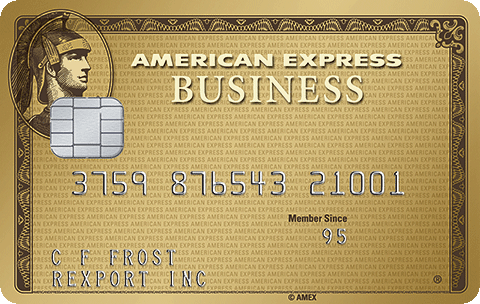
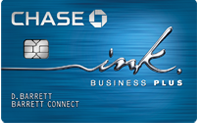
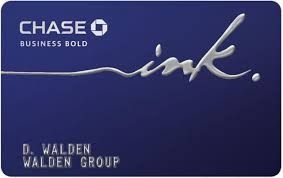
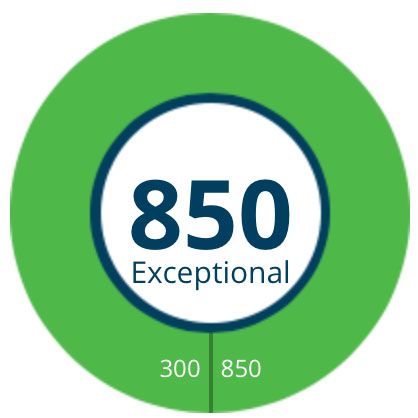
- Mark as New
- Bookmark
- Subscribe
- Mute
- Subscribe to RSS Feed
- Permalink
- Report Inappropriate Content
Re: Why has the US not Moved to Chip & Pin?
@victor7 wrote:At a restaurant (for example), the waiter brings a small handheld terminal to the table, inserts my card, and hands it to me to enter my PIN. It's great, as I can directly verify that the amount being charged (including tip) is the amount I intended, and there's no way for someone to clone my card, since they never really had access to it.
I love that aspect of the chip&pin more then anything. If I recall, the terminals even have a "10%, 15%, 20% tip" option on it, right?


